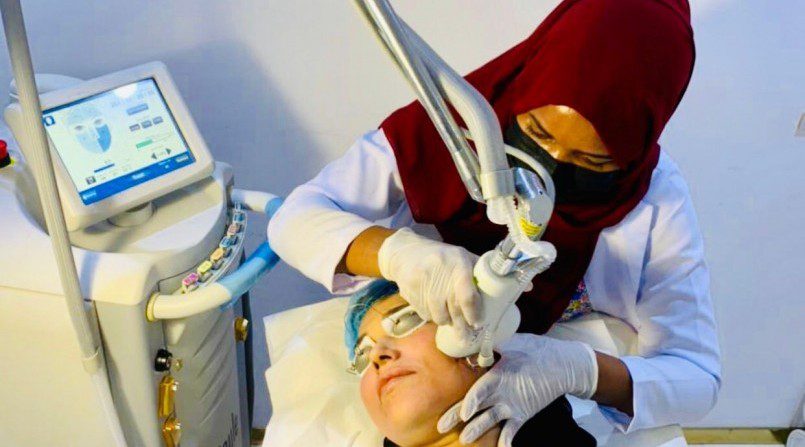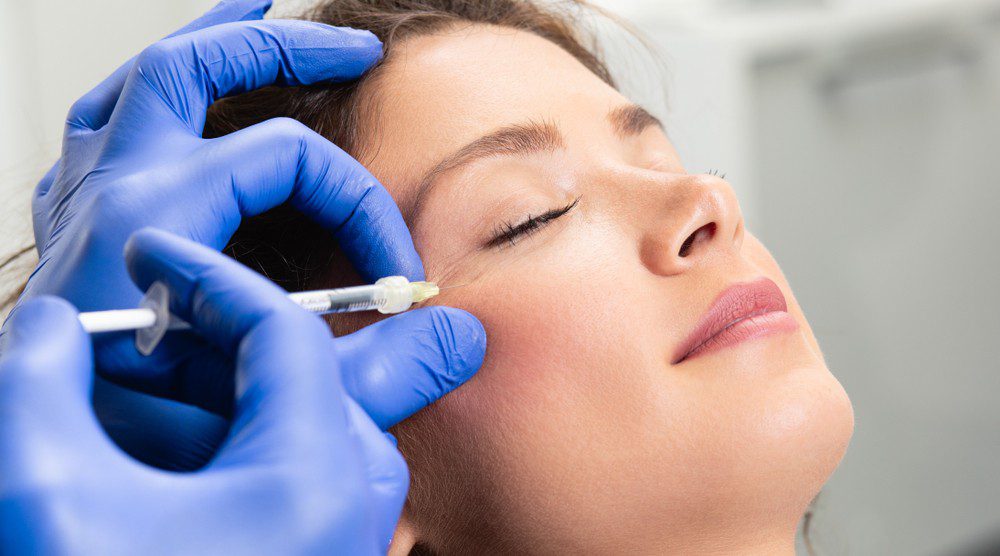Chlamydia – Causes, Symptoms, Testing & Treatment

Chlamydia is among the most common sexually transmitted infections (STIs) globally, affecting millions of people each year. Understanding chlamydia, its causes, symptoms, testing, and treatment options is essential for maintaining sexual health.
What is Chlamydia?
Chlamydia is a widely observed bacterial infection caused by Chlamydia trachomatis. It is primarily transmitted through sexual contact, including vaginal, anal, and oral sex. Since many people with chlamydia do not experience symptoms, regular testing is important to detect the infection early and ensure timely treatment, especially for those who are sexually active.
What Causes Chlamydia?
Chlamydia is caused by the bacterium Chlamydia trachomatis, a tiny, gram-negative bacterium that primarily infects the mucous membranes of the genital tract, urethra, and rectum. However, the infection begins when such bacteria enter the body during unprotected sexual intercourse. Once inside the host, Chlamydia trachomatis attaches to epithelial cells and invades them, where it replicates within a protective vacuole. This intracellular survival allows the bacteria to evade the immune system, leading to inflammation and tissue damage. Initially, many individuals may remain asymptomatic, allowing the infection to progress silently within the body.
If left unattended, chlamydia can ascend in women, potentially causing pelvic inflammatory disease (PID), which can lead to chronic pain and, as time passes, can also result in infertility. In men, it can result in epididymitis, an inflammation of the sperm generation tubes, which may also affect the quality of life and fertility. The progression of chlamydia can lead to serious health complications, highlighting the importance of early detection and treatment with antibiotics to prevent long-term effects. Regular screening is essential, especially for sexually active individuals, and at SKIN111 we attempt our best in managing STDs (sexually transmitted diseases) like chlamydia.
What Are the Symptoms of Chlamydia?
When it comes to chlamydia, the fact is that it affects both men and women, often without showing obvious signs at first. In fact, up to 70–80% of women and about 50% of men may have no symptoms, which makes regular screening essential for sexually active individuals as a mandate to stay safe.
Women may not notice early symptoms, but when they appear, they will always showcase as follows.
- Unusual vaginal discharge – watery, yellowish, or with a strong odor
- Painful urination (dysuria) – burning or stinging sensation while urinating
- Pain during sex (dyspareunia) – discomfort or bleeding after intercourse
- Lower abdominal or pelvic pain – may feel like menstrual cramps
- Irregular vaginal bleeding – such as bleeding between periods or after sex
Chlamydia in men can be tricky, as they are also often asymptomatic, but signs may thereafter develop.
- Penile discharge – cloudy, white, or watery
- Burning sensation during urination
- Pain and swelling in the testicles (though less common)
- Itching or irritation inside the penis
How Is Chlamydia Diagnosed?
The only and most reliable way to confirm a chlamydia infection with certainty is through a reliable chlamydia test. Many people experience no symptoms, which is why routine testing is highly recommended for sexually active individuals to ensure early detection and timely treatment. At SKIN111, we provide the most accurate and comprehensive chlamydia testing options, both in-clinic and at-home.
- Chlamydia IgG, IgM, and IgA (blood test) - Detects the presence of pathogen-specific antibodies, helping to determine whether the infection is recent, current, or past.
- Chlamydia trachomatis STD PCR (urine test) - A highly sensitive molecular test that identifies the DNA of the bacteria, making it one of the most reliable ways to confirm an active infection.
These tests are fast, discreet, and scientifically precise, offering the most reliable and accurate results by identifying both antibodies and antigens. Early diagnosis not only prevents complications but also reduces the risk of transmission to partners/ loved ones.
What Is the Treatment for Chlamydia?
The good news is that chlamydia treatment is straightforward and highly effective. What matters is that the diagnosis be done timely and the necessary treatments be followed per medical advice. Physicians usually prescribe antibiotic protocols such as doxycycline, azithromycin, etc. It's essential to follow the treatment protocols with strict adherence, and safety precautions should definitely be followed.
- Avoid sexual contact until the course of medication is completed.
- Ensure that both you and your partner(s) are treated to prevent reinfection.
- Follow up with a repeat test if advised, especially if symptoms persist and/or once the course of treatment is concluded.
Can You Get Reinfected with Chlamydia?
Yes, the catch is that most bacterial infections are recurring. So, it is possible to get reinfected with chlamydia even after successful treatment. Reinfection happens due to few encounters.
- - Your partner is not treated at the same time once you are undergoing chlamydia treatments.
- - You have unprotected sex with a new partner carrying the infection.
To reduce the risk of reinfection, it's extremely advisable to fully complete the prescribed medication, adhere to the safety precautions, encourage partners to be tested and treated, and use protection consistently.
What Happens If Chlamydia Is Left Untreated?
Just like any neglected disease can lead to health hazards, when chlamydia is left untreated, the disease can lead to serious complications.
- In women: Pelvic inflammatory disease (PID), chronic pelvic pain, infertility, and ectopic pregnancy.
- In men: Epididymitis (testicular inflammation), infertility in rare cases, and ongoing discomfort.
- In both: increased risk of contracting or transmitting HIV and ongoing urinary/reproductive tract damages/infections and complications.
Chlamydia is often silent, leading many people to not realize they have it until complications develop or progress. This is an indication of why regular screening is highly important.
How to Prevent Chlamydia Infection?
Prevention is the best cure. To lower the risk of chlamydia infection, following the tips and guidelines can be useful.
- Practice safe sex – use condoms consistently and correctly.
- Get tested regularly, especially if you are under 25 or have multiple partners.
- Limit sexual partners and maintain open communication about STI status.
- Refrain from intimate activities once you get tested positive till the infection is fully cleared.
- Avoid douching, which can disrupt healthy vaginal flora and increase infection risk.
Conclusion
Chlamydia is one of the most common sexually transmitted infections (STIs) worldwide, and it often goes unnoticed because many people experience mild or no chlamydia symptoms at all. Hence, it makes it especially important to stay proactive: recognize the early warning signs, undergo routine chlamydia tests (including blood antibody tests and urine PCR testing), and seek prompt treatment for chlamydia with professional medical guidance, necessary treatments and the recommended antibiotics.
With the right approach, safe sexual practices, regular STI screening, and proper medical follow-up, chlamydia bacterial infection can be accurately and timely diagnosed, effectively treated, and fully cured.
Taking the right steps at the right time does not only protect your reproductive health but also helps prevent serious long-term complications such as pelvic inflammatory disease and increased risk of other sexually transmitted diseases (STDs), while it can also end up drastically affecting fertility.
Most Popular:
-

Sciton HALO vs Sciton BBL
Read More »September 20, 2022 -

What is profhilo, and how is it different from fillers?
Read More »September 20, 2022 -

Body contour solutions from SKIN111
Read More »September 20, 2022 -

Does IV GLUTATHIONE therapy work
Read More »September 20, 2022 -

How can an IV drip help you boost your energy
Read More »September 20, 2022